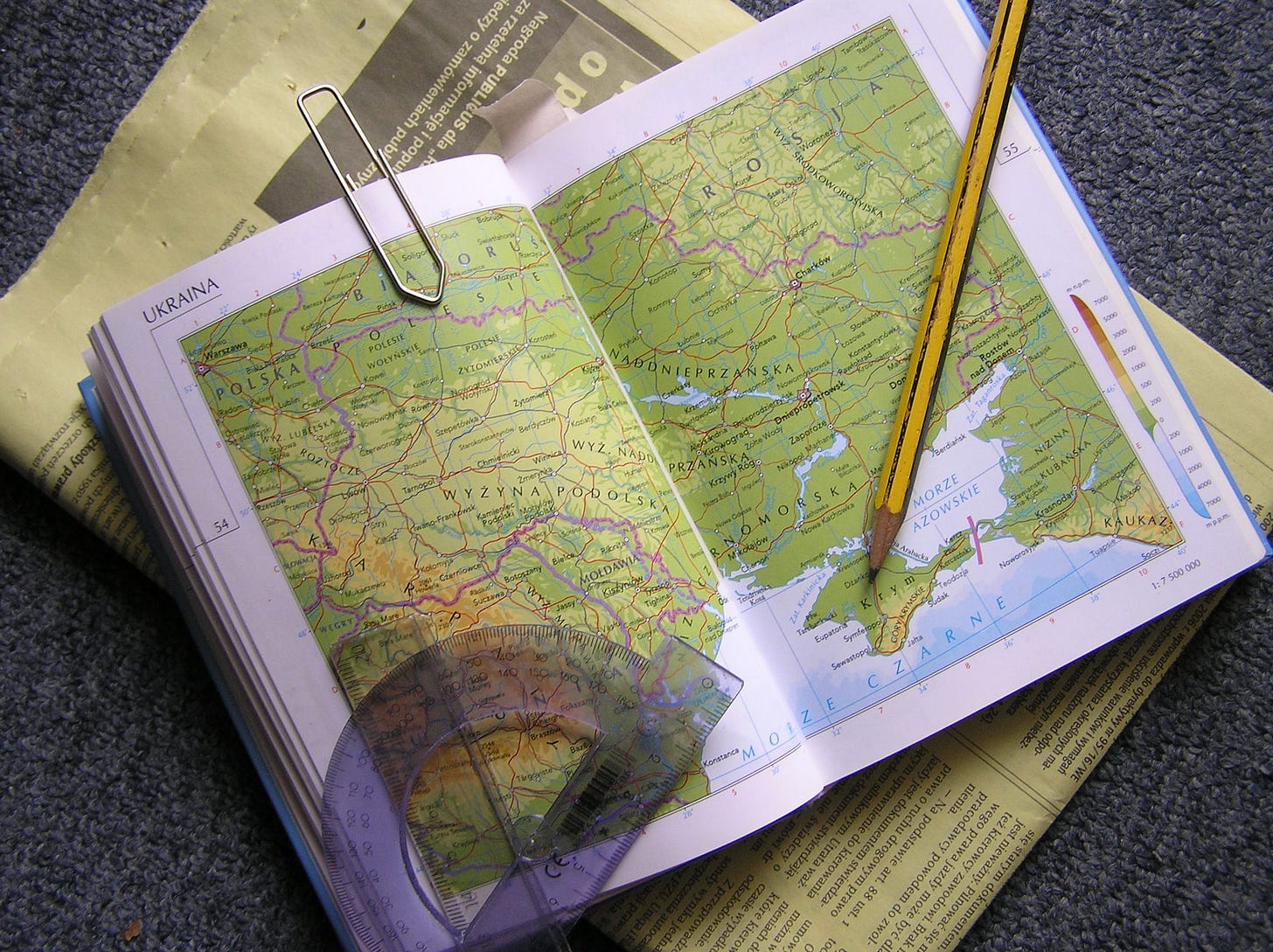With Russia ramping up it´s illegal aggression against Ukraine, Helsinki is alertly eyeing any movements in the Baltic Sea, squabbling over whether to give lethal weaponry to Ukraine, pondering what to do about a Russian nuclear power plant project, and gearing up for a renewed debate on NATO membership.
One thing is certain: the more Russia escalates it´s aggression against Ukraine, the more startled and hypersensitive the Finnish domestic debate will grow.
It´s not all about us
Finnish domestic debate has a neurotic tendency to think that everything Russia does or does not do revolves around us. Putin´s rambling one-hour lecture this week played right into these tendencies. Putin´s statement that the Communist Party made mistakes when granting self-determination to the former Soviet Republics and that Ukraine was “Lenin´s creation” greatly raised suspicions about what extent Russia is demanding a return of its former borders. Finland was never a Soviet Republic, but Lenin grudgingly consented to Finnish independence in 1918.
Many commentators are worried that NATO´s Open Door -policy has closed or is closing. This regardless of the countless times that NATO officials have stated that the door remains wide open. The primal fear of being once again abandoned to deal with Russia all on our own animates much of the discussion.
Any new Russian invasion of Ukraine is likely to reignite NATO membership debate and to raise Finnish public´s support for the alliance to historic highs. NATO membership application has never been closer, but many obstacles remain and the process would necessarily take time.
The President of the Republic, Sauli Niinistö, noted on Tuesday at a press confence “we need to remind ourselves, that this does not concern us.” (”Meidän pitää muistuttaa itseämme, ettei tämä koske meitä”) Most media seem to have missed the precise meaning, which was to emphasize that, while Finland is naturally affected by deteriorating European security conditions and Russia´s aggressive behavior, if Putin did not care to mention us, it would not be prudent to remind him to do so next time.
The President also noted that there is currently no military threat directed at Finland and the whole Baltic Sea region remains calm. This is understandable considering that Russia has concentrated much of its forces around Ukraine.
Sanctions, nuclear power and guns
Finland would very likely be one of the EU countries most affected by new sanctions targeting trade with Russia. Regardless, EU´s quick response to Russia´s unlawful recognition of Ukrainian separatist regions was met in Helsinki with approval and even some relief, as suspicions linger toward certain European countries willingness to tow the common line (i.e. Hungary). Contrary domestic opinion has mainly focused on demanding harsher measures.
German Chancellor Scholz´s statement that Nordstream 2 certification would not proceed, was met with delight by twitter circles and most politicians. From Helsinki´s perspective German and Central European dependence on Russian natural gas and hostility to nuclear power seems hopelessly naïve. However, German decision immediately put pressure on Helsinki to rethink its commitment to letting Fennovoima nuclear power plant project proceed. Fennovoima is partly owned by the Russian state company Rosatom. Finnish government declared it would conduct a new risk assessment of the project.
Finally, while Germany has stoutly defended its policy of not exporting arms or lethal material to Ukraine, Finland has escaped much of the attention. Since the illegal annexation of Crimea, the official Finnish policy has been not to export lethal material to Ukraine. This was reinforced in the current government´s programme, which states “Finland will not export defense materiel to countries that are engaged in war or are violating human rights.” Political pressure to rethink this policy is quickly mounting, with many commentators arguing for the Golden Rule: “Do unto others as you would have them do unto you.” Even if the policy were to change, it´s uncertain what type of aid Helsinki would have to offer and it should be clear to all that in practical terms any aid would be mainly symbolic.




